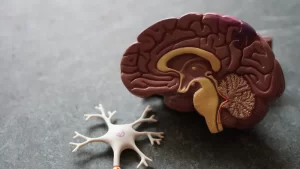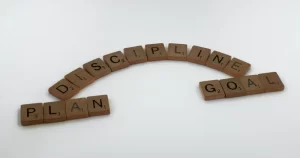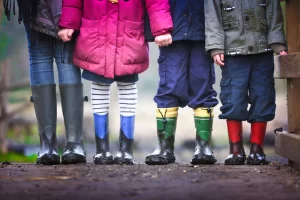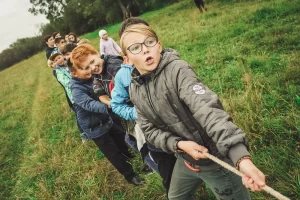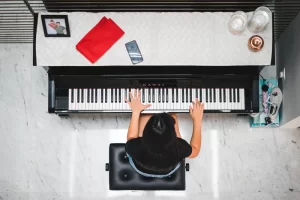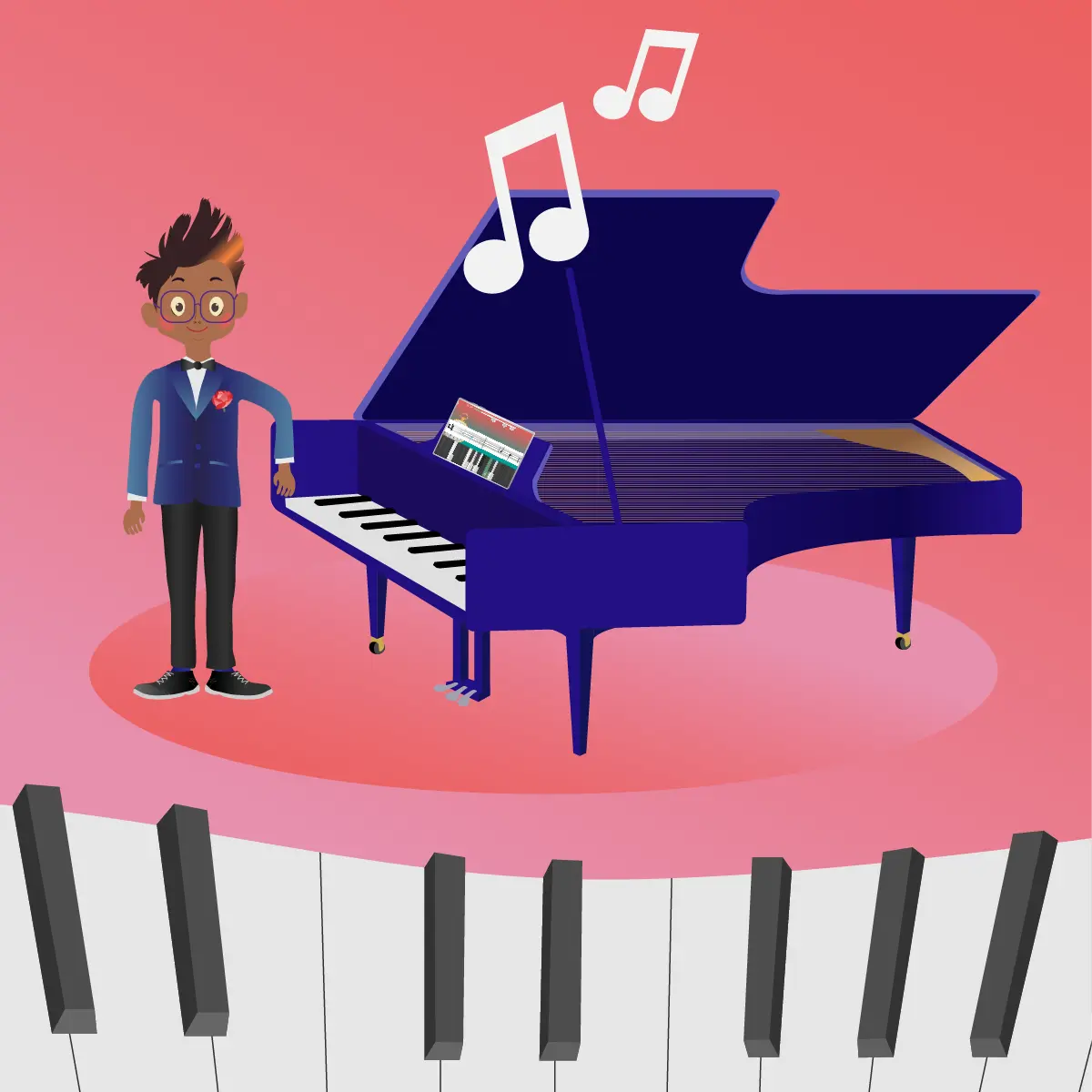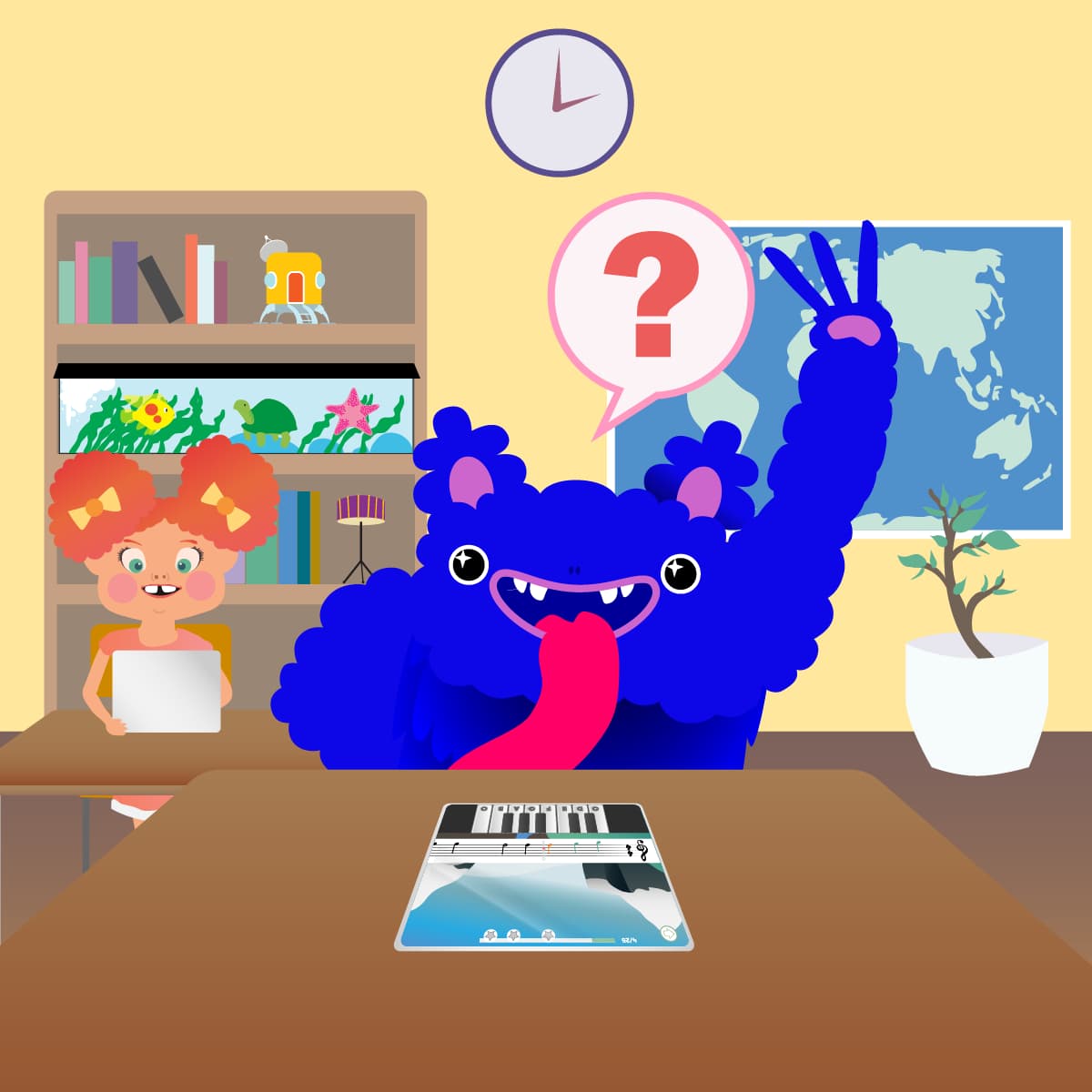By Arctic Meta,
For many people, music lessons at school were fun. Music class was a time to have a break from spelling and grammar. It was a time to not think about maths equations or periodic tables. Music was a bit of a break from the necessary but sometimes mundane elements of formal education.
Music is often the favourite lesson for young students, and because it brings out so much joy in them, it often doesn’t receive the reputation it deserves. Music might be perceived as a lot more fun than some of the other subjects, but it’s equally as important.
Having some form of musical education throughout childhood is both beneficial and also incredibly important for all kids. It has numerous benefits that can set children up for the best possible outcomes in the future, even if they don’t become the next Ariana Grande.
So why exactly should kids learn music at school? What is the impact of music education? What are the main benefits? Read on to find out more.
The Impact of Music Education in Schools
In the past, formal music education was traditionally reserved for the wealthy or the elite members of society. Thankfully in the past century, music has made its way into standardised curriculums of public schools all over the world.
By the time they hit high school, most children in developed nations have had some sort of music instruction on a regular basis for a few years, and studies have shown that the impact of this education is positively affecting millions, even at a biological level.
The area of the brain that deals with processing music is also responsible for many other skills (more on those later), and it has been found that this portion of the brain is routinely larger in musicians. In the past hundred years, just having regular music lessons has increased the brain capacity of countless people. But the benefits don’t just stop with brain size.
The Main Benefits of Music Education
The main benefits of music education for children extend through a large variety of skills that are necessary to be a functioning member of society, but they also include skills and habits that can have lasting impacts on the future and ensure the best possible employment outcomes.
Music Stimulates Brain Development in Education
For many, it’s no surprise that music stimulates brain development, but there’s also a difference in the level of brain development depending on if students are actively learning music or simply appreciating it.
A recent study compared students who were engaged in active music education with those who just listened to music regularly. The results of the study found the students who received regular music education had much better neural processing than those who didn’t.
Neural processing is what gives humans the ability to coordinate movement, focus, perceive, reason and give attention to things. It’s basically the building blocks of intelligent behaviour.
Music education has also been linked to higher IQ. Organised music lessons appear to improve the potential IQ in students versus those who receive no music instruction at all. Perhaps this is the reason why so many of the great thinkers of the past were also good musicians.
Music Helps Children to Learn to Connect With Others
Connection and a sense of belonging are among some of the most integral needs for human beings. Developing friendships and learning to connect with others aren’t innate skills; they are actually learned. Much of this learning begins as early as infancy.
Children tend to be very social by nature, but they take a while to navigate how to identify and connect with other kids. It’s important for them to have shared experiences that assist in teaching them how to connect. This can be on the playground, in a sports team, or, of course, through music.
Participating in music classes gives children a common goal to work towards. Perhaps they are trying to learn a new song or rehearsing for an end of the year concert. This kind of group work helps give them an understanding of how teams work and the importance of each individual in the grand scheme of a project. It also gives them a chance to make lasting friendships.
Music Integrates Many Other Subjects
The skills exercised in music go far beyond learning how to play a few tunes. Musical education actually crosses over to multiple other school subjects.
Music has been shown to increase a child’s proficiency in mathematics. It can help kids to understand the concepts of counting, even the use of symbols in the place of numbers. The time signatures in music offer a great real-life example of how fractions work.
Music can also enhance a child’s reading and comprehension skills. As kids get older, often the lyrics in the songs they like start to become more abstract. These songs are a great target for lyrical analysis. This kind of investigation can also tie into history and geography.
When was this song written? What is it about? Why were these particular words chosen?
Music Helps to Relieve Stress
Nobody is immune to stress, and this goes for kids as well. Their lives may seem to be a lot more carefree than the adults around them, but they often feel the same degree of stress. They can feel overwhelmed when they don’t understand what’s going on; they can feel scared when they are in a new situation.
In fact, kids can also experience burnout. Their lives might not be as complicated as their parents, but they still feel the same emotions at the same levels.
Music has been known to reduce stress levels and positively lift mood in most people. It might not seem like much, but simply taking the time to listen to a few tunes can quiet the mind and give a person some well-deserved ‘me-time.’ Playing an instrument can have the same effect and even help alleviate minor depression and anxiety.
Music Teaches Discipline
Extracurricular activities help children to understand commitment and time management. They do these activities outside of school, so they, in turn, learn about how to organise their lives around it. Music is a great example of this, especially if a child is learning to play an instrument.
They need to arrange their time and devote enough time to practising, and eventually, they see the reward of this.
Most kids pick up an instrument and imagine they will be experts within a year. After that first year is over, they understand that it takes time, but they can already see how far they have come. They get a more immediate sense of reward than they might with their understanding of mathematics or science.
Music teaches children that there is value in persisting and honing a craft. This, combined with the necessary time management, will make them better prepared for an adult life where the term work-life balance can sometimes feel like an impossible dream.
The Social Benefits of Music Education
As already stated, there are some incredible technological and developmental benefits to music education, but there are also some incredible social benefits too.
Teamwork and Collaboration Skills
Everyone has heard that there’s no ‘I’ in ‘team,’ but most people forget how long it actually took them to learn how to work in a team. Teamwork is not an inherent human ability. It’s something people learn over time, and music gives a great framework for experiencing and improving effective teamwork and collaboration.
They take time to learn the value of a group of musicians and how each one has a unique role within an orchestra or band. When it comes to composition, kids will be faced with negotiation while also learning that sometimes other people have better ideas, and that’s ok.
Listening Skills
This is a bit more of an obvious benefit of kids learning music in school. Any musician develops better listening skills as they progress with their studies, but the kind of listening skills exercised is quite important.
When playing instruments in a band or orchestra, students need to hone their ability to single out an individual instrument from the crowd. They also need to negotiate the overall volume of a piece of music to determine if they are playing their instrument too loud or too soft.
They also have a deeper understanding of dynamics and pitch. These skills aren’t just useful in a concert hall. The kind of listening developed in musical education has been shown to improve a student’s overall listening and comprehension in a regular classroom.
Active Listening Skills
Active listening is an incredibly valuable skill. It’s the ability to not only hear and comprehend what another person is saying but also deduct meaning from the entire context of a situation.
People who are great at active listening tend to be great communicators, excellent salespeople, natural team leaders and good friends. Good active listeners are able to hear every single word mentioned in a conversation and likely repeat it verbatim.
This might not sound like an impressive skill, but keep in mind that the majority of people are constantly just summarising the conversations they have with people instead of devoting their full attention to each word being spoken.
Music education exercises the skill of active listening in a way that no other school subject can.
Relationship Skills
The ability to initiate, navigate and maintain relationships is quite complex, and humans actually begin the process of this when they are very young.
In the early stages of childhood, the world is broken into two types of relationships; people who are known and strangers. It often isn’t until a child starts school that they begin to understand the multitude of relationships that make up the human experience.
The process of navigating these relationships is very important for development.
Children need to form friendships and belong, but they also need to experience what it’s like to work with someone they don’t know very well or maybe don’t even like at all. Music education is once again a great provider of these experiences.
Often there is no chance for children to only work with those they are friends with within a music class because every role in a particular music piece needs to be filled.
Experience Different Cultures
For many kids, music is the first experience they have with different cultures. Most adults who grew up in America or Europe can probably remember noticing that the songs of Bob Marley had a different sound to what they normally heard on the radio.
Later in life, they probably discovered that this different sound was Reggae, endemic to Jamaica and other parts of the Caribbean.
It can be an exciting thing to discover how the popular sounds of other nations differ greatly from a student’s own, and musical education can offer a key to some fascinating cultural doors.
How Music Can Support Kids School Work
Music doesn’t just improve mood and relieve stress. It can provide extra stimulus and added entertainment for other school subjects. Learning maths equations to music has been standard practice in many schools for almost 30 years because it has been proven to help kids retain information.
There’s also a big boom right now in educational technology that has created incredible ways to let music compliment a child’s education.
Apps like Mussila Music School are great examples of educational technology using music to benefit kids. Mussila is an award-winning application that teaches kids music through play. It combines theory, comprehension, composition in a fun way with a ‘learn, play, create’ approach.
One of the best things about Mussila is that it’s designed to be used without the need for parent supervision, so kids can get all the benefits of music education in their own time, without the need to rush around to music lessons in between all the other things they have going on.
Check out the Mussila app today to find out more, and stay tuned for Mussila’s newest creation ‘WordPlay’, which will adopt the same award-winning formula as Mussila’s Music School and apply it to teaching kids how to read.
Conclusion
When kids learn music in school, they’re learning more than just how to form notes or play an instrument. They are developing their brains at a faster rate than those who aren’t learning music. They are also discovering and fine-tuning skills that will help give them the best possible advantages as they get older.
The world of tomorrow is going to be vastly different from today, and learning music seems to be a great way to give kids the best chance for success.



